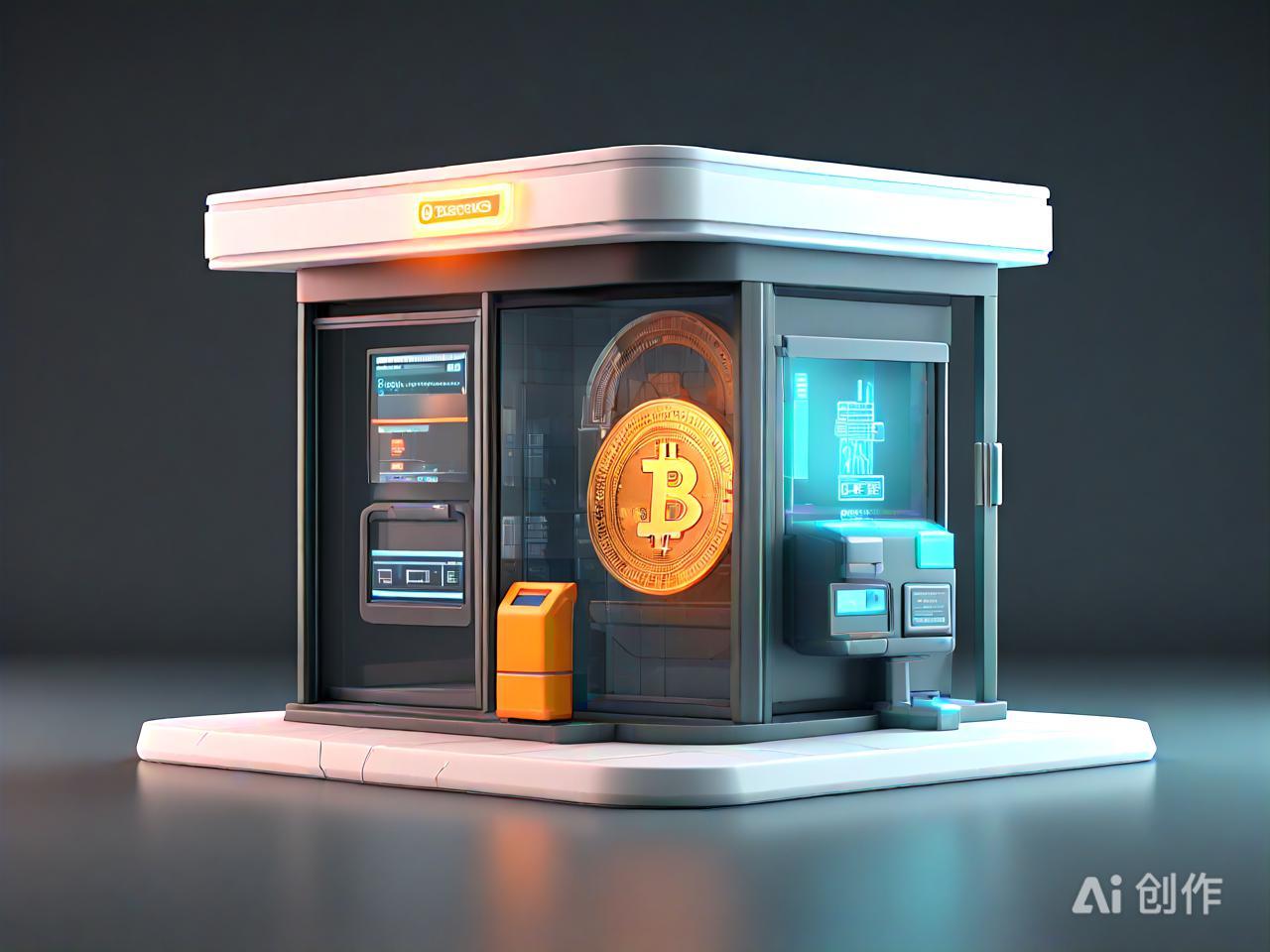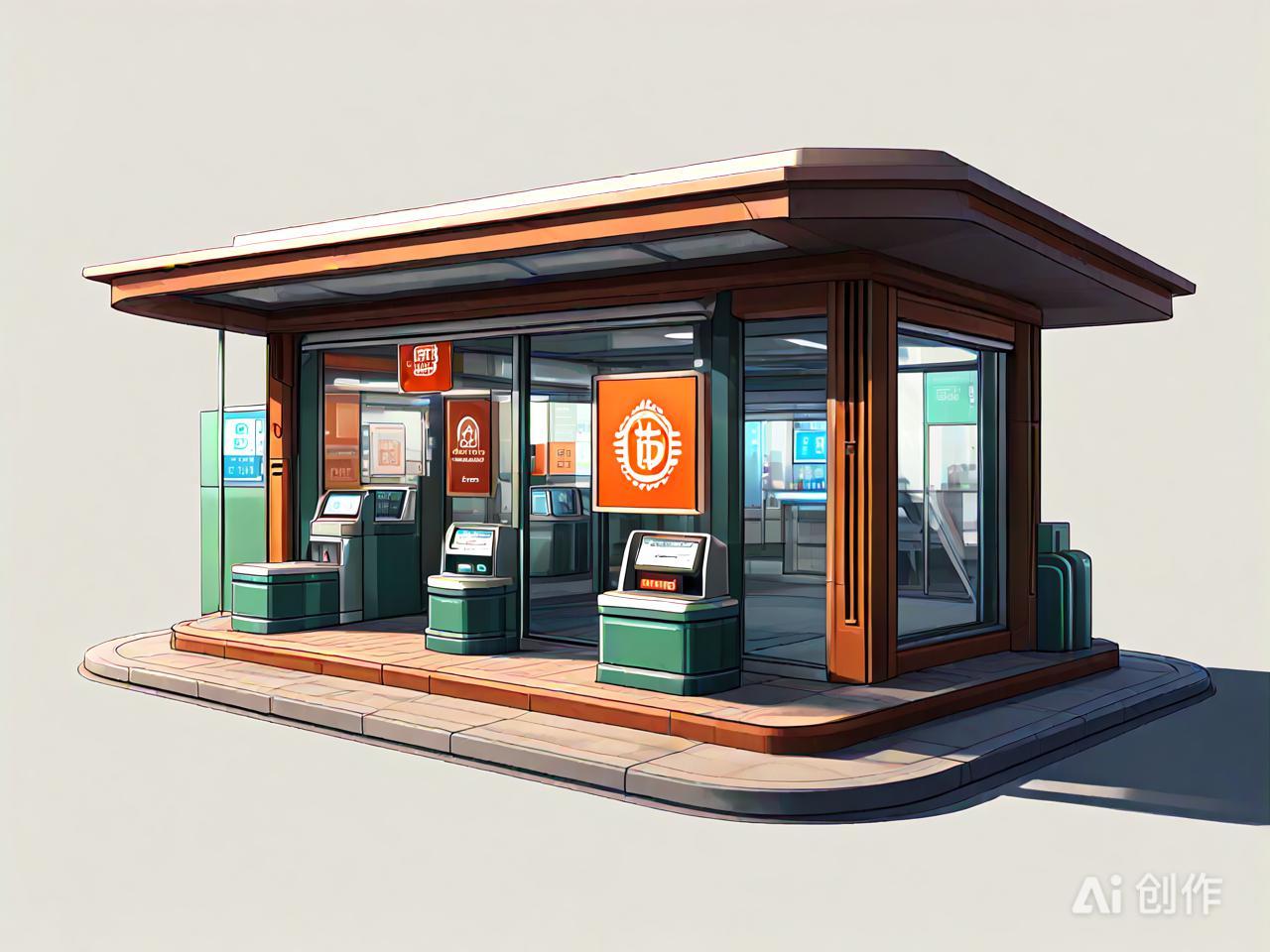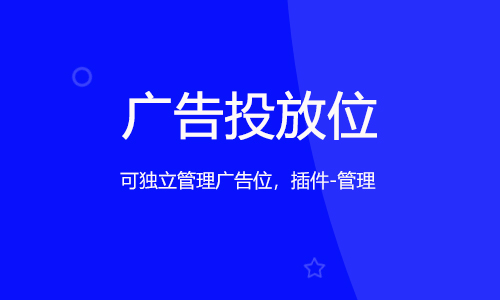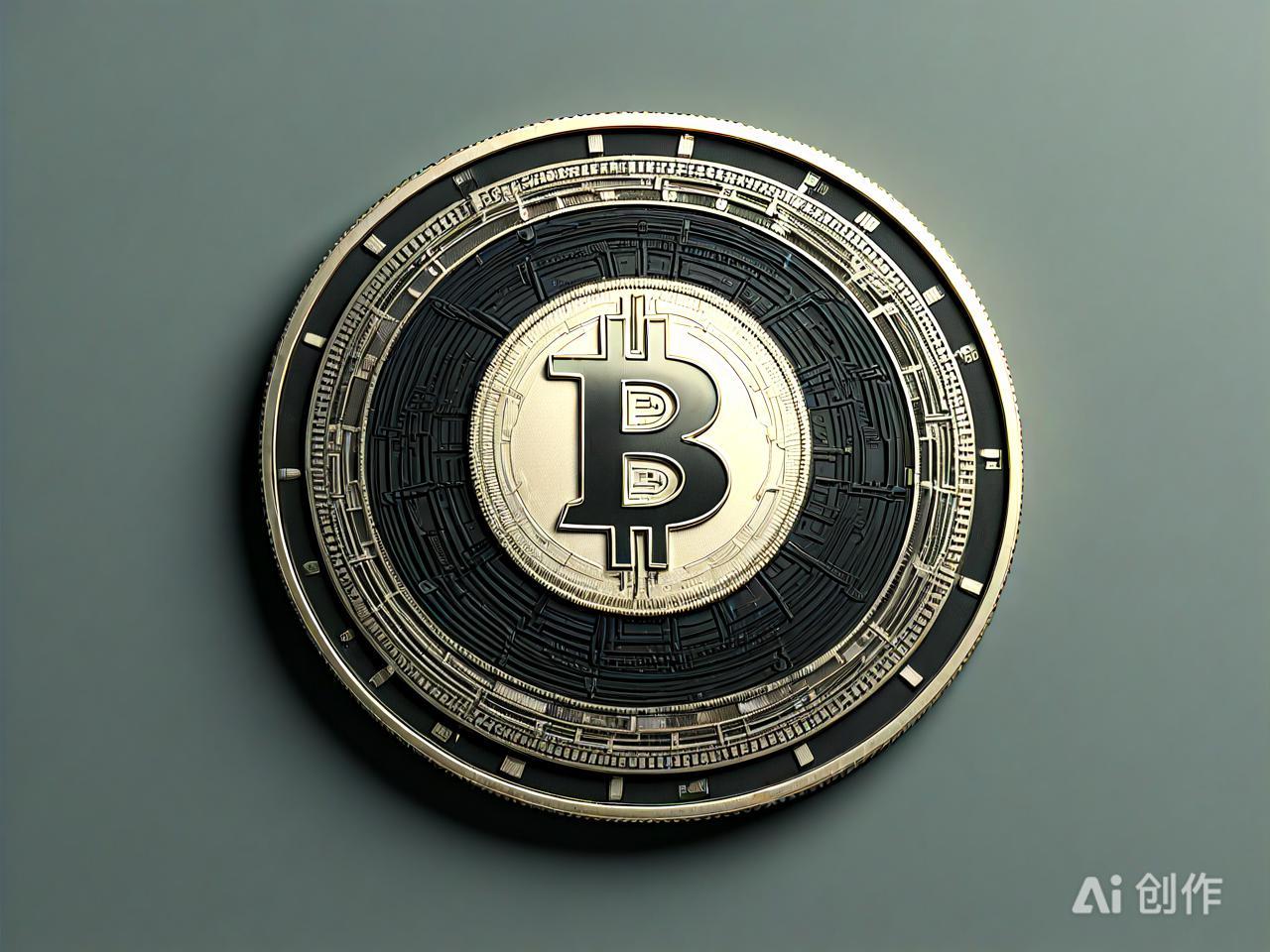The Rise of Tokenized Assets Unlocking New Opportunities in Digital Finance
In 2024, Decentralized Autonomous Organizations (DAOs) have emerged as a groundbreaking innovation in the world of governance and organizational management. DAOs, which operate on blockchain technology and are governed by smart contracts, are redefining how decisions are made, resources are allocated, and communities are managed. This article explores the rise of DAOs, their benefits, challenges, and their potential to transform traditional organizational structures.
What Are DAOs?
Decentralized Autonomous Organizations (DAOs) are entities that operate without centralized control, relying instead on smart contracts and blockchain technology to automate decision-making and governance. Members of a DAO typically hold tokens that grant them voting rights, enabling them to participate in the organization’s decision-making process. DAOs are transparent, decentralized, and community-driven, making them a powerful alternative to traditional hierarchical organizations.
Key Trends in DAOs for 2024
Community-Driven Projects:
DAOs are being used to manage community-driven projects, such as open-source software development, content creation, and social impact initiatives. Platforms like Aragon and DAOstack are empowering communities to collaborate and make decisions collectively.Investment and Venture Capital:
Investment DAOs, such as The LAO and MetaCartel Ventures, are pooling resources to fund startups and innovative projects. These DAOs enable members to participate in venture capital opportunities that were previously inaccessible to individual investors.Art and Creative Industries:
DAOs are transforming the art and creative industries by enabling artists and creators to collaborate, fund projects, and share ownership. Platforms like Friends With Benefits (FWB) and PleasrDAO are fostering vibrant communities around art and culture.Decentralized Governance:
DAOs are being used to govern decentralized protocols and platforms, such as DeFi projects and blockchain networks. Examples include Uniswap and Compound, which use DAOs to enable token holders to vote on protocol upgrades and governance proposals.
Benefits of DAOs
DAOs offer several advantages over traditional organizational structures:
Decentralization: DAOs eliminate the need for centralized control, empowering members to make decisions collectively.
Transparency: All transactions and decisions are recorded on the blockchain, ensuring transparency and accountability.
Inclusivity: DAOs enable anyone with tokens to participate in governance, creating a more inclusive and democratic decision-making process.
Efficiency: Smart contracts automate processes, reducing the need for intermediaries and streamlining operations.
Applications of DAOs
DAOs are being used in various ways to transform governance and collaboration:
Community Management: DAOs enable communities to manage resources, fund projects, and make decisions collectively.
Investment and Funding: Investment DAOs provide a decentralized way to pool resources and fund innovative projects.
Creative Collaboration: DAOs foster collaboration among artists, creators, and enthusiasts, enabling them to share ownership and resources.
Protocol Governance: DAOs are used to govern decentralized protocols, ensuring that decisions are made in the best interest of the community.
Challenges and Considerations
Despite their potential, DAOs face several challenges in 2024:
Regulatory Uncertainty: The legal status of DAOs remains unclear in many jurisdictions, creating uncertainty for participants.
Security Risks: Smart contract vulnerabilities and hacking incidents pose significant risks to DAOs and their members.
Governance Issues: Ensuring fair and effective governance can be challenging, particularly in large and diverse DAOs.
Adoption Barriers: Convincing traditional organizations and individuals to embrace DAOs remains a hurdle.
The Future of DAOs
As blockchain technology continues to evolve, the potential for DAOs is immense. In the coming years, we can expect to see greater adoption across industries, increased regulatory clarity, and the development of more sophisticated governance models. Collaboration between DAOs, blockchain projects, and traditional organizations will be crucial in shaping a more decentralized and inclusive future.
Conclusion
The emergence of DAOs in 2024 represents a new paradigm for governance and organizational management. By leveraging blockchain technology and smart contracts, DAOs are empowering communities, fostering collaboration, and redefining how decisions are made. While challenges remain, the potential of DAOs to create more transparent, inclusive, and efficient organizations is undeniable. As this exciting field continues to grow, DAOs will undoubtedly play a central role in shaping the future of governance and collaboration.
Disclaimer: All article resource content on this website, unless otherwise specified or labeled, is collected from online sources. If the content of this website infringes upon the legitimate rights and interests of the original authors, please contact us for removal.








